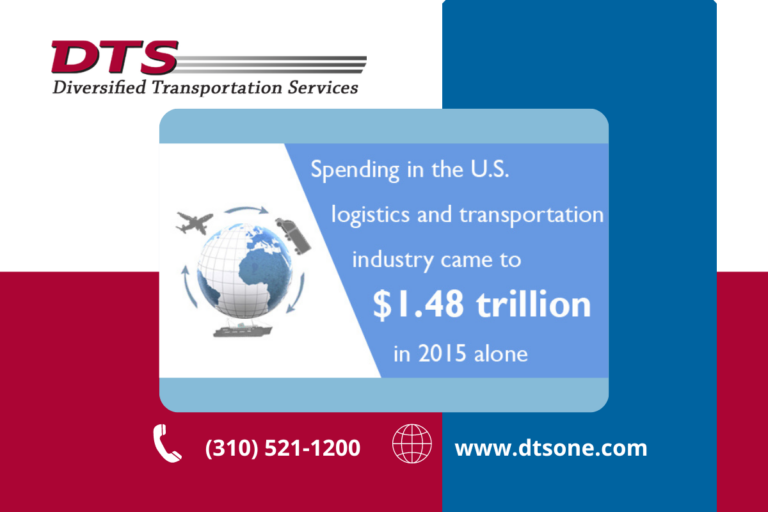
The globalization of pharmaceutical logistics partnered with the rise of complicated biological-based drug therapies presents a large number of opportunities for manufacturers. They also hold potential value for patients. However, the mobile supply chain harbors a lot of risk for this. Therefore, risk management is incredibly important.
Drug manufacturers in the United States and other areas of the world are producing more in emerging markets, and they're selling into more overseas markets at the same time. Globalism has encouraged the development of dual-sourcing of biopharmaceuticals and helped make biosimilars a possibility for certain markets. It has also increased security risks. Global pharma shipping creates longer supply routes, challenging transport packaging to maintain temperatures longer and through several different scenarios. That's where pharma logistics services come in.
The EU guidelines on good distribution practice (GDP) for pharma products for human use extend temperature requirements to transportation. They are used as the basis for many countries' legislative frameworks throughout the world, not just the EU. The GDP requires control of even room-temperature products, which is essentially everything that doesn't get refrigerated or frozen. Similar regulations are coming to the U.S., so pharmaceutical manufacturers are seeing an increase in the number of products requiring temperature controlled packaging. If pharma logistics solutions are not put in place, the number of opportunity losses significantly increases.
A shift from small-molecule drugs to high-value productive intensive biopharmaceuticals has flooded the pharmaceutical logistics supply chain with temperature-sensitive products. This trend, along with a renewed investment in biotech RandD and a rise in biological clinical trials, including cell and gene therapies, has significantly increased the use of high-value ingredients. These ingredients have incredibly limited lifespans, and stricter temperature requirements, and are usually irreplaceable, life-saving medications. These sensitive scenarios, paired with globalized shipping, crease complex protocols and add even greater demand for vigilant monitoring. This product sensitivity is also what's driving the demand for more advanced specialty freight and transport packaging solutions.
Spending in the United States logistics and transportation industry came to $1.48 trillion in 2015 alone, and it represented 8% of the annual gross domestic product. Pharmaceutical products are incredibly valuable, and they need special care and risk management solutions in order to take on their global demand.
Whether you're a company looking to improve one facet of your supply chain, your entire supply chain, or simply looking for a transportation and logistics consultation, we can help.